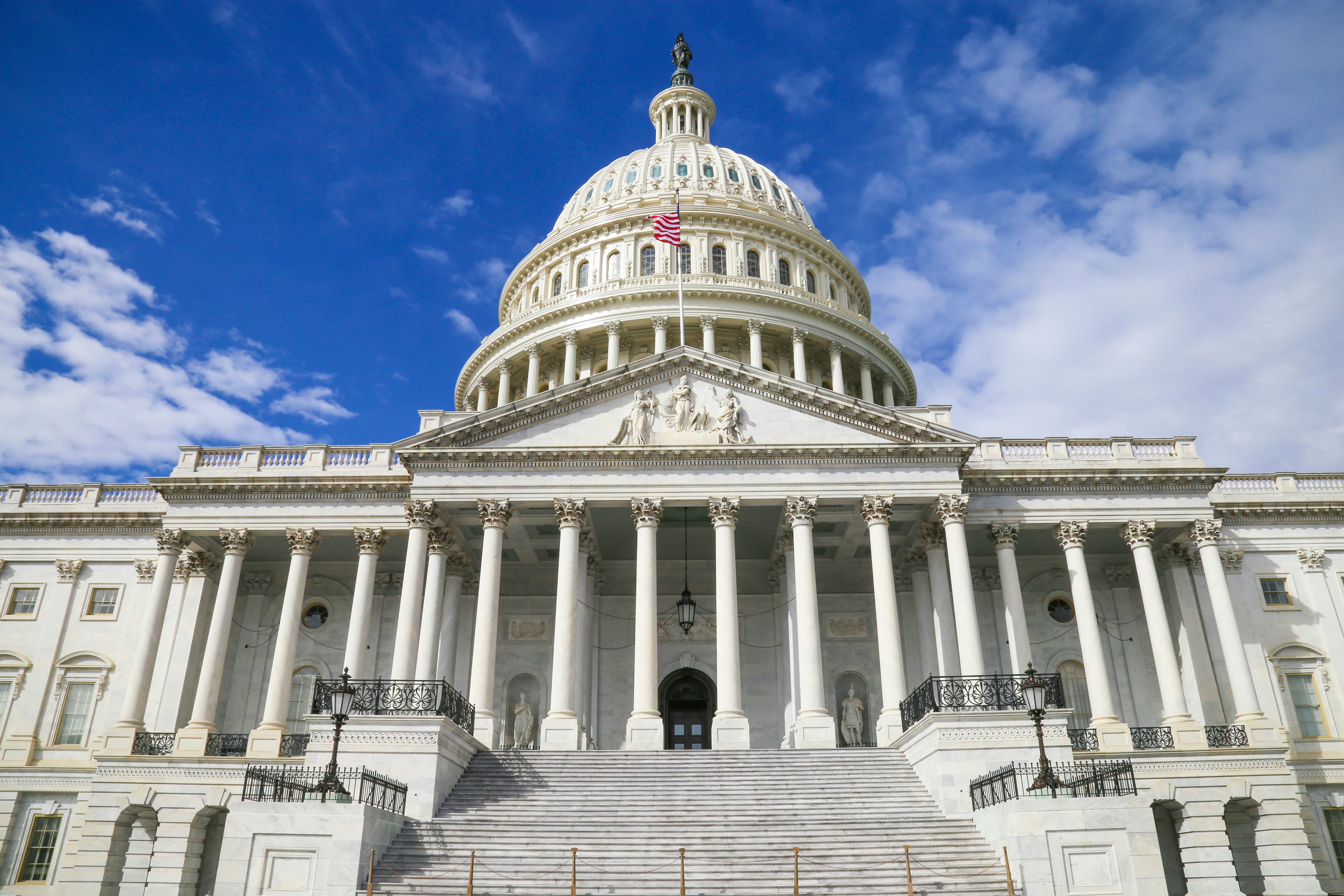Merrimack Valley Federal Credit Union Convert to State Charter
Merrimack Valley Federal Credit Union converted to a Massachusetts state charter after NCUA's new field of membership regulation was overturned in court


Many credit unions were disappointed when the NCUA's field of membership modernization in December of 2016 was rolled back in the courts in March of 2018. The $616.6 million Merrimack Valley Federal Credit Union decided it would head for greener pastures and covert to a Massachusetts state charter.
Merrimack Valley Credit Union President/CEO Peter Matthews said in a YouTube video distributed to members, “It is the opinion of the board and management here at the credit union that the Massachusetts state charter is the best way to go in the future. It’s the best way to sustained growth and to serve more members affordable services.” He was unavailable for comment at the time of this writing, but we’ll be following up later with him.
The reason Matthews is so busy is because the credit union immediately went on to hold a merger vote later this month to merge in $382.2 million Bridgewater Credit Union, according to a Merrimack Valley CU spokesperson. Bridgewater members already voted in favor of the merger in March, as reported by Credit Union Times. Bridgewater CU President/CEO John J. Howard will continue as CEO of the merged credit union, and Matthews will retire after the consolidation is completed.
Merrimack Valley CU’s field of membership under federal regulations reaches approximately 750,000 people, Matthews said in the video for members about the conversion to state charter, while some other state charters were permitted up to nearly 6 million potential members, which NCUA’s field of membership requirements could not allow. The members approved the conversion at a special meeting on Sept. 24, with 1,787 members voting in favor and 566 against. All that’s left is regulatory approval.
A member FAQ on the credit union’s website explained, “converting to a state charter is the best option to continue providing member-owners with unsurpassed service from a strong, safe and viable credit union for years to come. The decision to pursue a change in the charter was made after careful consideration and consultations with industry experts, as well as the MVFCU Board of Directors and Senior Management team.”
According to the document, board and management would have preferred to remain a federally chartered credit union, but with the U.S. District Court’s overturning of the rule in March, it “negatively impacted our ability to expand our services to potential members in adjoining cities and towns outside of our current field of membership. It also prevents us from allowing other credit unions to merge into MVFCU in the future, unless they are in our current, limited field of membership.”
Scale is critical anymore, and many consultants have said a credit union must be at least $1 billion in assets to achieve the benefits. The Merrimack Valley-Bridgewater merger will very nearly peg that benchmark. The credit union explained to the membership that the cost of compliance, technology and competition has become prohibitive for smaller financial institutions. The conversion itself will incur a one-time cost of $786,000, $500,000 of which will go to the Massachusetts Credit Union Share Insurance Corporation for excess share insurance coverage for deposit accounts of more than $250,000. The remainder will go toward removing the word ‘federal’ from the credit union’s branding.
Currently, 164 credit unions operate out of Massachusetts, down from 228 in 2008, which follows the national trend. The state hasn’t experienced much of a shift at this time between federal and state during the same period. Sixty-seven, or 41% of credit unions in the state are state chartered as of June 2018, just a slight downward tick from 42% of Massachusetts state-chartered credit unions in 2008. Twenty-nine of the federal credit unions in Massachusetts are community charters, while 35 are multiple common bonds.
Field of Membership Expansion










































































